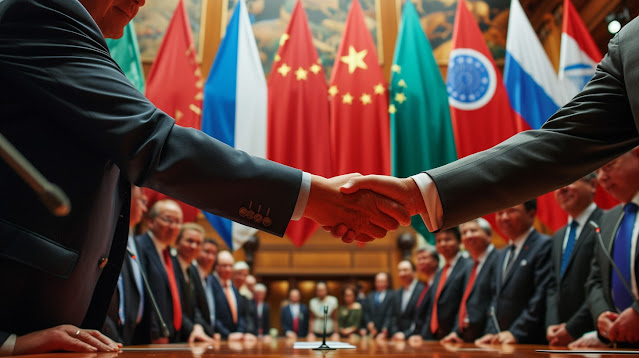Review Submit: Unveiling the Controversy of International Trade Agreements: Effects on Local Economies
Unveiling International Trade Agreements: Effects on Local Economies
Understanding International Trade Agreements: International trade agreements are treaties between countries that govern the exchange of goods, services, and investments across borders. These agreements aim to reduce trade barriers, such as tariffs and quotas, and promote economic cooperation and integration among participating nations. However, the terms of these agreements can vary widely, leading to differing impacts on local economies depending on factors such as industry composition, labor market conditions, and government policies.
The Controversy Surrounding Trade Agreements:
One of the primary sources of controversy surrounding international trade agreements is their perceived impact on local economies. Critics argue that such agreements can lead to the offshoring of jobs, the erosion of domestic industries, and increased income inequality. Additionally, trade agreements may disproportionately benefit multinational corporations at the expense of small businesses and workers, leading to concerns about economic exploitation and social dislocation.
Furthermore, trade agreements often include provisions related to intellectual property rights, environmental regulations, and labor standards, which can spark debates about sovereignty, democracy, and social justice. Critics argue that these provisions may prioritize corporate interests over public welfare and undermine democratic decision-making processes.
Effects on Local Economies:
The effects of international trade agreements on local economies can vary depending on factors such as industry specialization, competitiveness, and regulatory frameworks. While some regions may benefit from increased access to foreign markets and investment opportunities, others may face challenges such as job displacement, declining wages, and loss of cultural identity.
Creating Solutions:
Addressing the challenges posed by international trade agreements requires a multifaceted approach that balances economic growth with social equity and environmental sustainability. One potential solution is to prioritize fair trade principles that promote equitable trade relationships, protect workers' rights, and safeguard the environment. Additionally, governments can implement policies to support domestic industries, such as investment in education and training programs, infrastructure development, and innovation incentives.
Furthermore, promoting greater transparency and public participation in the negotiation and implementation of trade agreements can help ensure that the interests of all stakeholders are taken into account. Civil society organizations, labor unions, and community groups can play a crucial role in advocating for policies that prioritize the well-being of local economies and communities.
Conclusion: As we navigate the complexities of international trade agreements, it is essential to recognize the diverse perspectives and interests at stake. By fostering dialogue, promoting transparency, and prioritizing social and environmental considerations, we can work towards creating trade agreements that benefit all stakeholders and contribute to sustainable and inclusive economic development.














Comments
Post a Comment